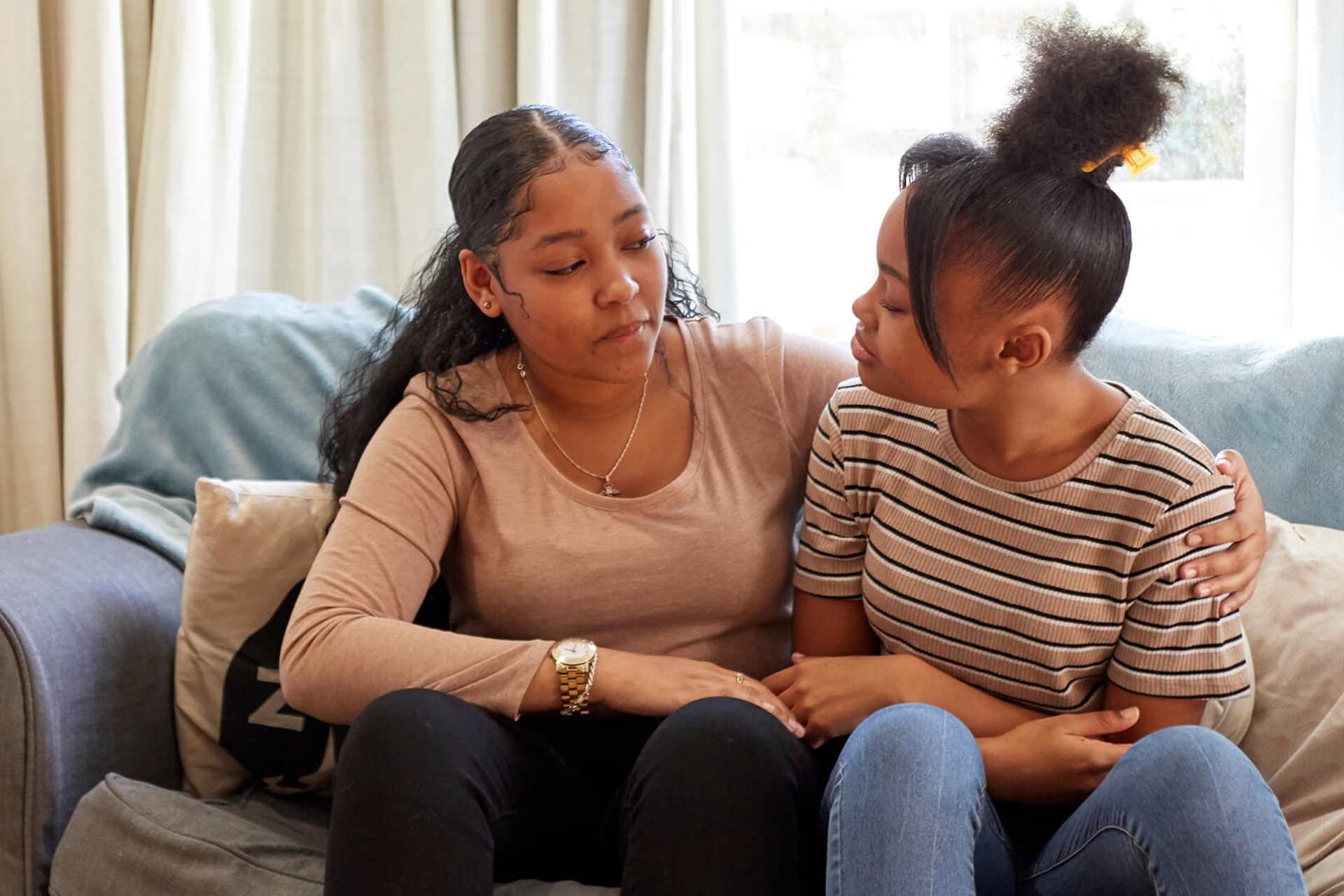Topics mentioned: supporting someone else with their mental health
About: It can be hard to know how best to support a partner struggling with their mental health - you may be worried about saying or doing the wrong thing. In this blog, Amy, 17, shares her tips.
Relationships where one or both people have mental health issues can definitely work just like any other relationship.
My partner and I have been in a relationship for just over a year. We met in an adolescent mental health unit so, as you can imagine, we both have mental health difficulties. Over this time, I have learnt how to support him when he is struggling with his mental health while looking after my own.
Relationships where one or both people have mental health issues can definitely work just like any other relationship. There may be more challenges to face, but here are some things you can do to help.
I found it extremely helpful for me and my partner to discuss boundaries and how best to help each other without compromising our own mental health.
Communication is key
The first important thing to do is communicate with each other. Communication is so important because it allows both of you to understand each other’s emotions, difficulties and how best to help them. I found it extremely helpful for me and my partner to discuss boundaries and how best to help each other without compromising our own mental health.
Another thing you can do to support your partner through a difficult time is to encourage them to talk about it. Encouraging your partner to talk about what’s bothering them can not only lift a huge weight off their shoulders, but can also give you a better insight into how you can help them.
For example, if your partner was struggling with suicidal thoughts, then you could ask them how you can help and/or offer them distraction techniques.

Try distraction techniques together
Here are some distraction techniques to do in a relationship that could be helpful:
- watch films/TV shows together
- go outside and explore somewhere new
- play instruments/sing together
- listen to music in the dark with each other
- plan different trips you can both go on
The little things matter
Another thing you can do to support a partner with their difficulties is encourage them to engage in daily tasks such as getting out of bed, having a shower, having breakfast or doing some work. Sometimes people struggle to motivate themselves to do daily tasks, as they can feel overwhelming, so having support may help them.
Letting your loved one know that you are there for them and helping them to perform daily tasks is a huge part of helping them overcome their difficulties. You can even do the tasks with them! I personally find it helpful to eat breakfast with my partner as I struggle with eating-related issues. Having the support of my loved one really helps me to manage basic things like this.
Letting your loved one know that you are there for them and helping them to perform daily tasks is a huge part of helping them overcome their difficulties.
Give them space if they need it
Sometimes, your partner may want some space and time to heal. This can be tough to deal with but sometimes it is the best thing for them. If you do feel like they are in immediate danger though, you should call emergency services (UK: 999 or 111) and keep them company to make sure that they are safe.
Lastly, just remember that you should both be there for each other. Neither of you should feel like you must keep your feelings inside! Talking to each other about your mental health is important and one of the best things you can do to maintain a healthy and loving relationship.
More information and advice
We have tips and advice to help you find the support you need. Take a look at our guides.
Where to get help
However you're feeling, there are people who can help you if you are struggling. Here are some services that can support you.
-
Samaritans
Whatever you're going through, you can contact the Samaritans for support. N.B. This is a listening service and does not offer advice or intervention.
- Opening times:
- 24/7
-
Childline
If you’re under 19 you can confidentially call, chat online or email about any problem big or small.
Sign up for a free Childline locker (real name or email address not needed) to use their free 1-2-1 counsellor chat and email support service.
Can provide a BSL interpreter if you are deaf or hearing-impaired.
Hosts online message boards where you can share your experiences, have fun and get support from other young people in similar situations.
- Opening times:
- 24/7






